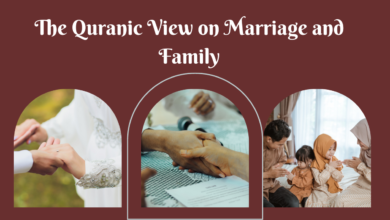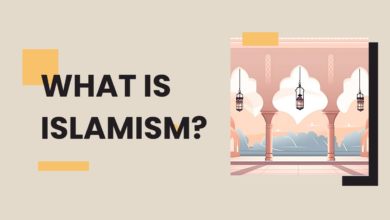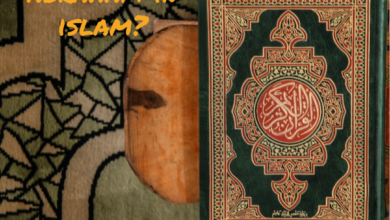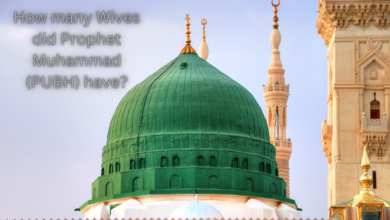how to remove nazar in islam?

Introduction
In Islam, the concept of the “evil eye,” commonly known as “Nazar,” holds great significance. It refers to the harmful gaze or negative energy directed towards a person, often unintentionally, that can lead to various forms of misfortune, illness, or setbacks. Islam offers a comprehensive approach to warding off the effects of the evil eye through faith, supplications, and practical actions. This article aims to provide a guide on how to remove Nazar in Islam.
Understanding the Evil Eye
The evil eye is believed to result from jealousy, envy, or excessive admiration directed towards a person or their possessions. While its effects are not scientifically proven, the Quran and Hadith (teachings and sayings of Prophet Muhammad) highlight its potential impact on individuals. This understanding underscores the importance of taking preventive measures against the evil eye.
Strengthening Your Faith
Faith is the cornerstone of protection against the evil eye. Trusting in Allah’s power and mercy is the first step to safeguarding oneself. Regularly recite verses from the Quran, such as Ayat al-Kursi (Surah Al-Baqarah, 2:255), seeking Allah’s protection from harm. Consistent remembrance of Allah through dhikr (supplications) can create a spiritual shield against negative energies.
Seeking Refuge in Allah
In Surah Al-Falaq (113) and Surah An-Naas (114), Allah teaches us to seek refuge from various harms, including the evil eye. Recite these verses daily, both as a preventive measure and for healing.
Practicing the Sunnah
Follow the Sunnah (traditions) of Prophet Muhammad, as his teachings provide guidance for protection against the evil eye. Recite the supplications (duas) that he recommended, such as the ones found in Sahih Bukhari and Sahih Muslim. One famous supplication is: “A’oodhu bi kalimat-illahit-taammati min sharri ma khalaq” (I seek refuge in the perfect words of Allah from the evil of what He has created).
Using Protective Talismans and Items
Islam permits the use of certain items as protection against the evil eye, provided one relies solely on Allah’s power. The Prophet Muhammad approved the use of the “Mu’awwidhat” (Surah Al-Falaq and Surah An-Naas) as a form of protection. Wearing the “Nazar” (evil eye) talisman is also common in various cultures, symbolizing the intention to ward off negativity.
Maintaining Modesty
Excessive displays of wealth, success, or beauty can attract undue attention and potential jealousy. Islam encourages modesty and humility as a means to avoid drawing the negative energy of the evil eye. Express gratitude for blessings but avoid flaunting them excessively.
Offering Duas and Charity
Engage in regular supplications and charity (sadaqah) for protection and well-being. Giving to those in need not only purifies the heart but also diverts any negative energy towards positive intentions.
Maintaining a Positive Outlook
A positive attitude and mindset can act as a shield against the evil eye. Focus on your goals, work hard, and remain optimistic. A strong and optimistic aura can mitigate the effects of negative energy.
Conclusion
Removing Nazar in Islam involves a holistic approach encompassing faith, supplications, practical actions, and a positive mindset. While the concept of the evil eye might be intangible to some, the power of faith and spirituality should not be underestimated. By following the teachings of Islam and seeking protection from Allah, individuals can strengthen their defenses against the potential harm of the evil eye, fostering a life filled with blessings, resilience, and peace.
Frequently Asked Questions (FAQs) about Removing the Evil Eye (Nazar) in Islam:
What is the concept of “Nazar” in Islam?
“Nazar” refers to the belief in the evil eye, where someone’s gaze or envy can cause harm or misfortune. In Islam, it is considered a real phenomenon that can affect individuals, possessions, or even relationships.
How can I tell if someone has given me the evil eye (Nazar)?
Signs of being affected by the evil eye can include sudden illness, bad luck, a feeling of discomfort, or a change in one’s demeanor. However, it’s important to note that these symptoms can also have other explanations.
What actions can I take to protect myself from the evil eye?
You can protect yourself by reciting supplications (duas) from the Quran and Sunnah. The most common supplications for protection include Ayat al-Kursi (Surah Al-Baqarah, 2:255) and Surah Al-Falaq (113) and Surah An-Naas (114).
How do I perform the “Ruqyah” for protection from the evil eye?
Ruqyah is the recitation of specific verses from the Quran to seek protection and healing. You can listen to Ruqyah audio or recite verses like Ayat al-Kursi, Surah Al-Ikhlas (112), and the last two verses of Surah Al-Baqarah (2:285-286).
Can I protect my home from the evil eye?
Yes, you can recite relevant verses and supplications to protect your home. It’s recommended to recite Surah Al-Baqarah in your home regularly, as it is believed to repel negative energies.
How can I protect my children from the evil eye?
You can recite supplications for protection over your children, such as the last two verses of Surah Al-Baqarah (2:285-286) and blow gently on them. You can also use the phrase “Bismillah” (In the name of Allah) when praising or showing affection to your children.






